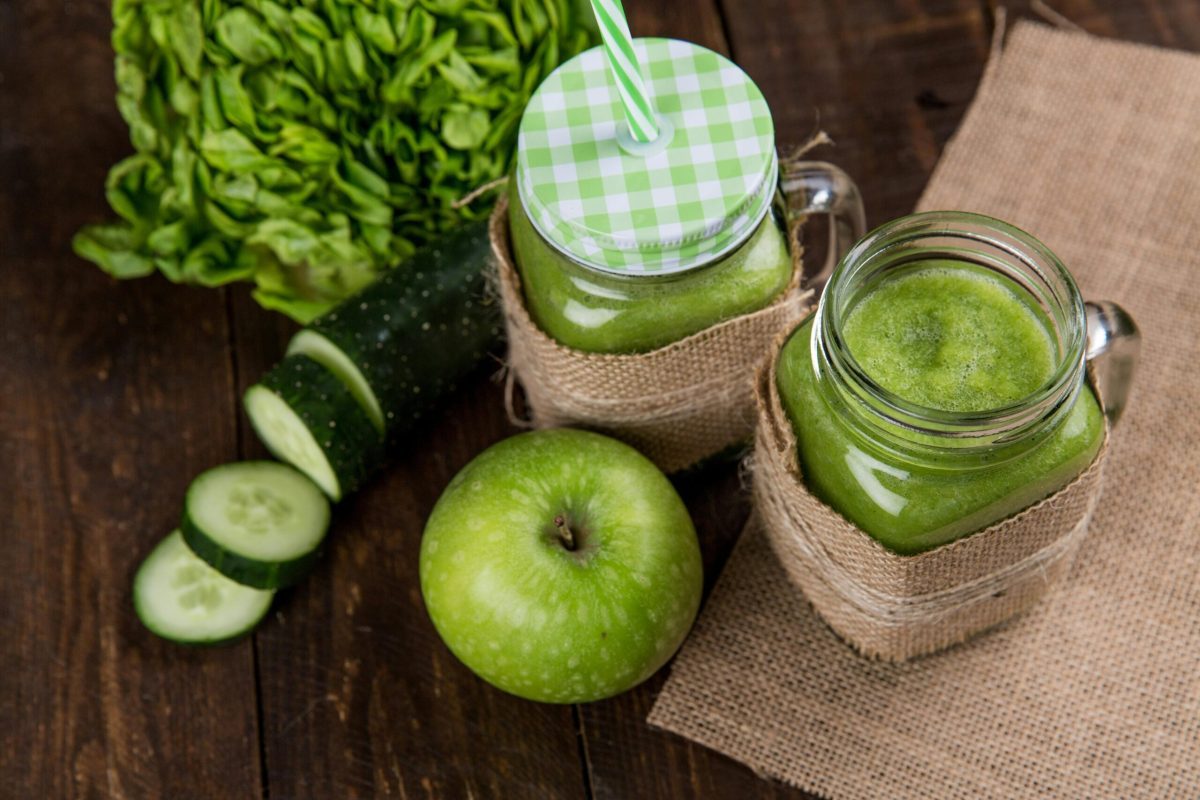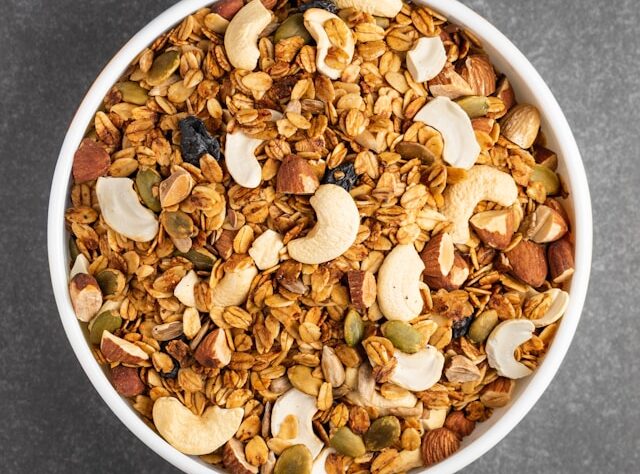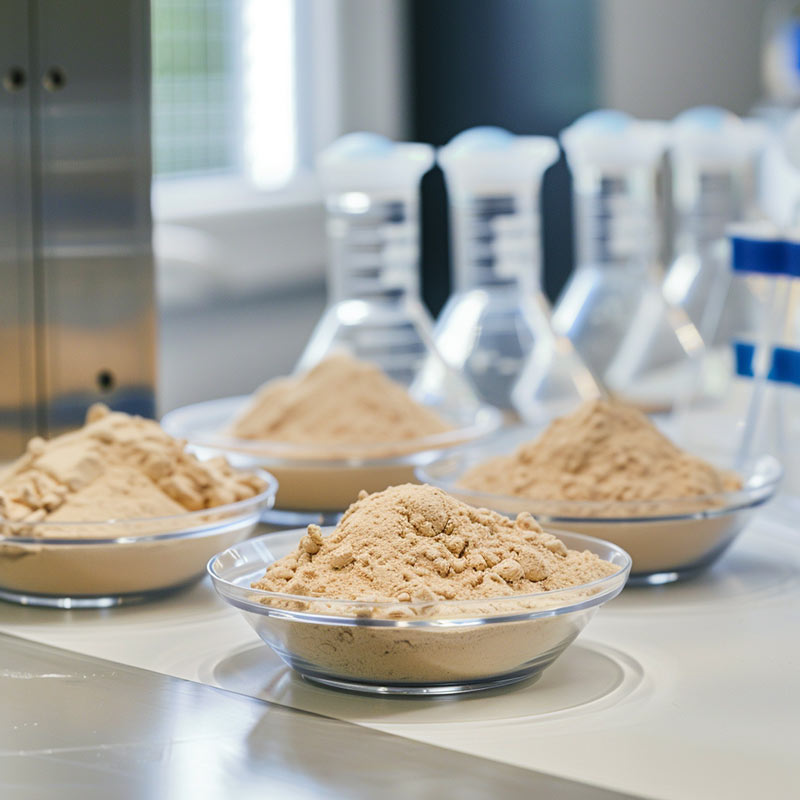Detox Diets – Myth or Effective Health Strategy?


Detox Diets
Myths behind 'detox'.

Natural detoxification methods

Fact Check
What Is Detox and How Does It Work?
Originally, detox referred to medical treatments aimed at removing toxins from the body. Today, the term is often used for diet programs that claim to eliminate harmful substances and improve well-being. But how effective are detox diets really?
From juice cleanses to fasting, herbal teas, and colon hydrotherapy – the methods are varied. Many programs promise improved digestion, increased energy, and clearer skin. But is there scientific evidence to back these claims?
Why Is It Difficult to Prove the Effectiveness of Detox Diets?
Research on detox diets is challenging due to several factors:
- Diverse methods: Detox diets vary widely, from liquid-only diets to herbal supplements or fasting, making general evaluations difficult.
- Short-term vs. long-term effects: Most studies focus on immediate effects like weight loss rather than long-term health benefits.
- Lack of high-quality studies: Many existing studies suffer from small sample sizes and lack control groups.
- Subjective well-being: Proponents often report feeling better, but these effects are hard to measure objectively.
- Non-standardized programs: Detox programs are not standardized, making it difficult to compare results over time.
- Animal studies: Many studies on detox processes are conducted on animals, which may not directly apply to human metabolism.
Are Detox Diets Really Effective?
Some evidence suggests that certain foods can support the body’s natural detoxification processes. However, most detox programs are not backed by science. Studies indicate that short-term benefits, such as weight loss, are often due to calorie restriction and water loss rather than toxin elimination. Sustainable health benefits are rarely proven.
The human body has a highly efficient detoxification system. The liver, kidneys, skin, and lungs work together to eliminate toxins. As long as these organs are healthy, the body doesn’t need additional help from specific detox diets.

The Risks of Detox Diets – Harm Instead of Help?
Many people follow detox diets for extended periods, often with drastic consequences for their health. Extreme juice cleanses, for example, provide very low calories, leading to serious deficiencies:
- Oxalate overload: Vegetables like spinach and beets are high in oxalates, which can cause kidney stones and, in severe cases, kidney or liver damage.
- Extreme calorie deficit: Rapid weight loss primarily results in muscle loss, not fat loss, slowing the metabolism and increasing the risk of post-diet weight gain.
- Protein deficiency and muscle loss: Low protein intake can lead to muscle atrophy, weakened immunity, and higher injury risk, particularly for older adults prone to age-related muscle loss (sarcopenia).
- Yo-yo effect: After a detox, the body often regains more fat due to its interpretation of calorie restriction as a starvation phase.
- Malnutrition: Detox diets often lack essential vitamins and minerals, leading to hair loss, brittle nails, and difficulty concentrating.
- Electrolyte imbalances: Laxatives and colon hydrotherapy can disrupt electrolyte levels, causing muscle cramps, dizziness, or even heart arrhythmias.
- Psychological strain: Strict detox regimens may encourage disordered eating habits and increase the risk of eating disorders like bulimia or orthorexia.
Natural Alternatives to Detox Diets
Instead of investing in expensive detox products, consider sustainable measures to support your body’s natural detoxification processes. Scientifically proven strategies include:
- Cruciferous vegetables: Foods like broccoli and kale support liver function.
- Citrus fruits: Rich in vitamin C, they help the body flush out toxins.
- Fiber from whole grains: Promotes gut health and binds toxins for elimination.
- Polyphenols from tea, coffee, and berries: Offer antioxidant protection for cells.
- Protein sources: Legumes, nuts, and lean meats help maintain muscle and support metabolism.

Long-Term Health Strategies Over Detox Trends
Instead of relying on short-term detox diets, focus on incorporating holistic health strategies into your daily routine:
- Balanced nutrition: A plant-based diet with whole grains, fruits, and vegetables ensures optimal nutrient intake.
- Hydration: Drinking water and unsweetened teas supports kidney function.
- Regular exercise: Physical activity boosts metabolism and helps eliminate toxins.
- Quality sleep: The body regenerates and repairs itself during rest.
- Stress management: Chronic stress can impair the body’s detoxification processes.
Conclusion: Detox Diets Are Often a Marketing Gimmick
The idea that our bodies need external detox diets is not supported by science. Healthy liver, kidney, and lung function naturally eliminate toxins. For long-term health, focus on evidence-based practices instead of falling for detox promises.
Sources:
- Detox Diets for Toxin Elimination and Weight Management: A Critical Review of the Evidence
- Effect of Toxic Trace Element Detoxification, Body Fat Reduction Following Four-Week Intake of the Wellnessup Diet: A Three-Arm, Randomized Clinical Trial.
- Are you eating enough protein?” – Harvard Health (2024)

